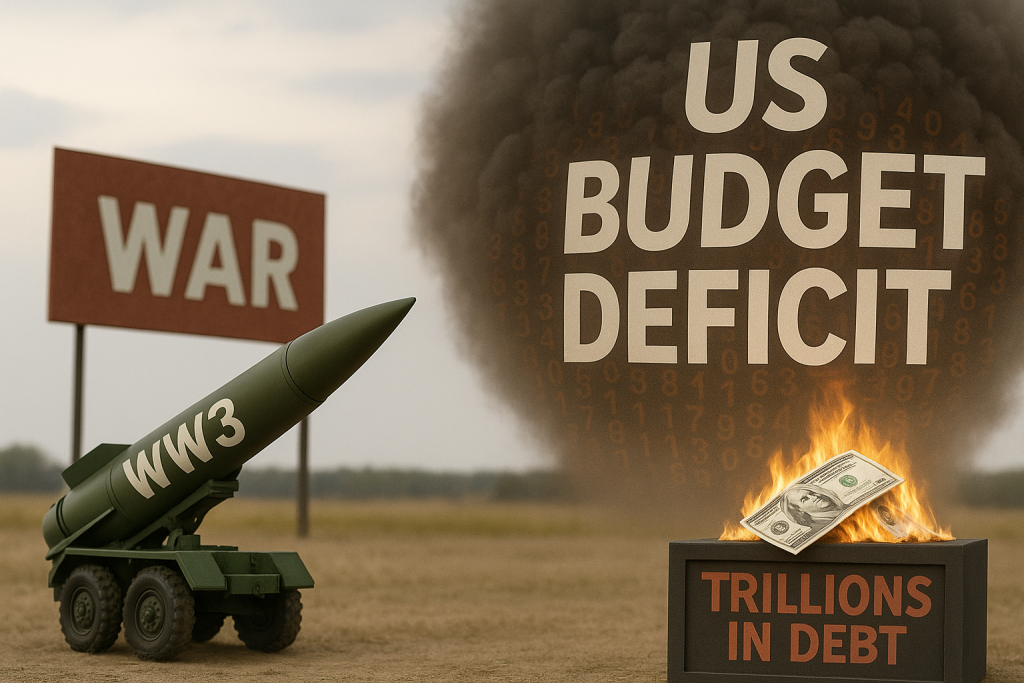It’s my sincere hope that I’m able to live both the quantity and quality of life that Charlie Munger had.
Even at age 99, he appeared vivacious and energetic– as one Wall Street Journal reporter remarked after interviewing him back in September. Their session went four straight hours with Munger going nonstop the entire time without so much as a bathroom break.
I was reading that interview recently, and there was one thing in particular that Munger said which really stood out to me.
When discussing the United States and its colossal political, social, and economic problems, Munger remained optimistic and said, “a great nation has a lot of collapse in it.”
He’s right. And history is very clear on this point. Empires and nations wouldn’t qualify as great if they collapsed in the blink of an eye.
Truly strong, dominant superpowers are able to survive pandemics and natural disasters. They’re able to fend off foreign invaders. They’re able to withstand economic crises. And, even after a major catastrophe, they have the savings, the unity, and the cohesion to rebuild.
This is why the declines of nations and empires throughout history typically take a long time, until, after years or even decades of accumulated bad decisions, they finally reach a tipping point.
Put another way– to borrow from both Munger and Hemingway– great nations collapse gradually, then suddenly.
The best book I’ve ever read on the subject is anthropologist Joseph Tainter’s The Collapse of Complex Societies, which examines the common factors of how different societies throughout history– from ancient Ur in Mesopotamia to Western Rome to the Olmec in Mexico– declined and collapsed.
(Tainter’s definition of collapse doesn’t necessarily mean a civilization ceases to exist, but that it experiences a steep decline in political, social, and economic structure.)
And his analysis shows that one of the key culprits in collapse is the decline of a society’s ability to solve problems.
This pretty much describes the US federal government in a nutshell. They don’t solve problems. They can barely talk about problems in a civil and rational manner. And quite often they refuse to even acknowledge problems.
Earlier this year when the US sovereign debt rating was downgraded, for example, the White House reacted with genuine confusion; they couldn’t understand why they were being downgraded and said the decision was “bizarre” and “puzzling”.
This reaction demonstrates a total lack of awareness about the problems– i.e. a nearly $34 trillion national debt, $2 trillion annual deficit, etc.
Even when they do manage to ‘solve’ problems, they usually wait until the last minute and then just kick the can down the road.
Earlier this year, the government was facing yet another crisis over the debt ceiling; mature adults would have gotten to work to negotiate a compromise. But the President insisted he would “refuse to negotiate” over the debt ceiling, sparking tremendous uncertainty about the government’s finances.
The 11th hour bargain just punted the problem into the future and didn’t actually solve anything.
Most of the time politicians resort to petty name-calling and histrionic virtue signaling, without any rational discussion of problems or priorities, let alone informed conversation about viable solutions.
And the problems continue piling up.
On the rare occasion when there is consensus (like multi-trillion-dollar COVID bailouts), there’s rarely any rational, long-term thinking to weigh the costs and benefits. They just spend like drunken sailors and increase the national debt without regard for the consequences or the future.
The national debt is growing so rapidly that, according to the Congressional Budget Office, interest on the debt, plus mandatory entitlement spending (like Social Security), will consume 100% of federal tax revenue by 2031.
It’s pretty hard to imagine the US continuing to be the dominant economic and political power in the world when the government has to borrow money just to fund the military.
But that reality is seven years away.
Then, two years later in 2033, Social Security’s primary trust fund will run out of money and require a massive multi-trillion-dollar bailout.
All of this will probably cause foreign nations to abandon the US dollar as the world’s reserve currency, further accelerating the fiscal and economic decline.
Now, this outcome is not inevitable. Every country has challenges, and there are solutions to the problems that the US faces.
But the clock is ticking, and it doesn’t look like there is any political or social will at the moment to prioritize and rationally compromise to solve problems.
Munger was right; great nations do have a lot of collapse in them. But only to a certain point. And that point increasingly looks like it may be less than a decade away.








